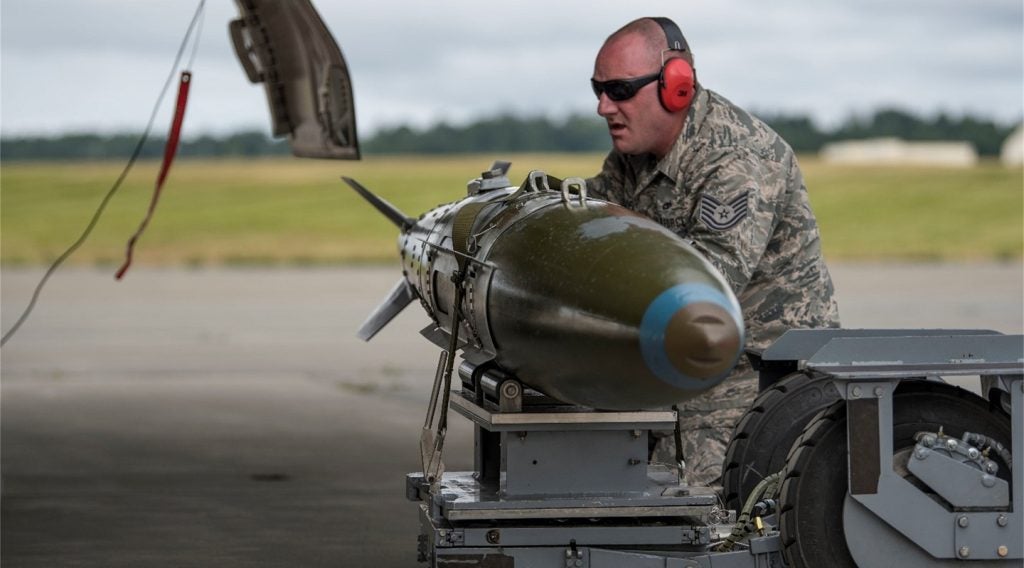The advanced CubeSat M1 satellite developed by the University of New South Wales (UNSW) Canberra Space Centre has entered the final testing phase.
Planned to be launched in September, the M1 CubeSat is one of the three spacecraft that are currently being developed under a $10m contract signed with the Royal Australian Air Force (RAAF) in November.
Australian Defence Industry Minister Christopher Pyne said: “This Canberra-developed spacecraft will provide new ways to enhance Australia’s future defence space capability by gathering remote sensing information with radios and cameras.
“These versatile small satellites have re-programmable software defined radios on board, and can change their purpose mid-mission greatly improving their functional capabilities for multiple uses by defence.”
The second and third CubeSat satellites for the RAAF will be launched next year.
Pyne added: “Small, low-cost satellites like M1 provide a unique opportunity to support Australian Defence Force capabilities and to rejuvenate Australian space industry.
How well do you really know your competitors?
Access the most comprehensive Company Profiles on the market, powered by GlobalData. Save hours of research. Gain competitive edge.

Thank you!
Your download email will arrive shortly
Not ready to buy yet? Download a free sample
We are confident about the unique quality of our Company Profiles. However, we want you to make the most beneficial decision for your business, so we offer a free sample that you can download by submitting the below form
By GlobalData“The government is investing significantly in space-related projects for defence over the next two decades.
“Over A$300m ($229.75m) is already committed in this year’s budget to establish the Australian Space Agency, which will drive Australia’s involvement in space, and to develop national space-related infrastructure.”
Pyne further said that these space missions have been designed to provide research and educational outcomes for defence and civilian students studying engineering at UNSW Canberra, supporting the development of space capability in Australia for the future.







